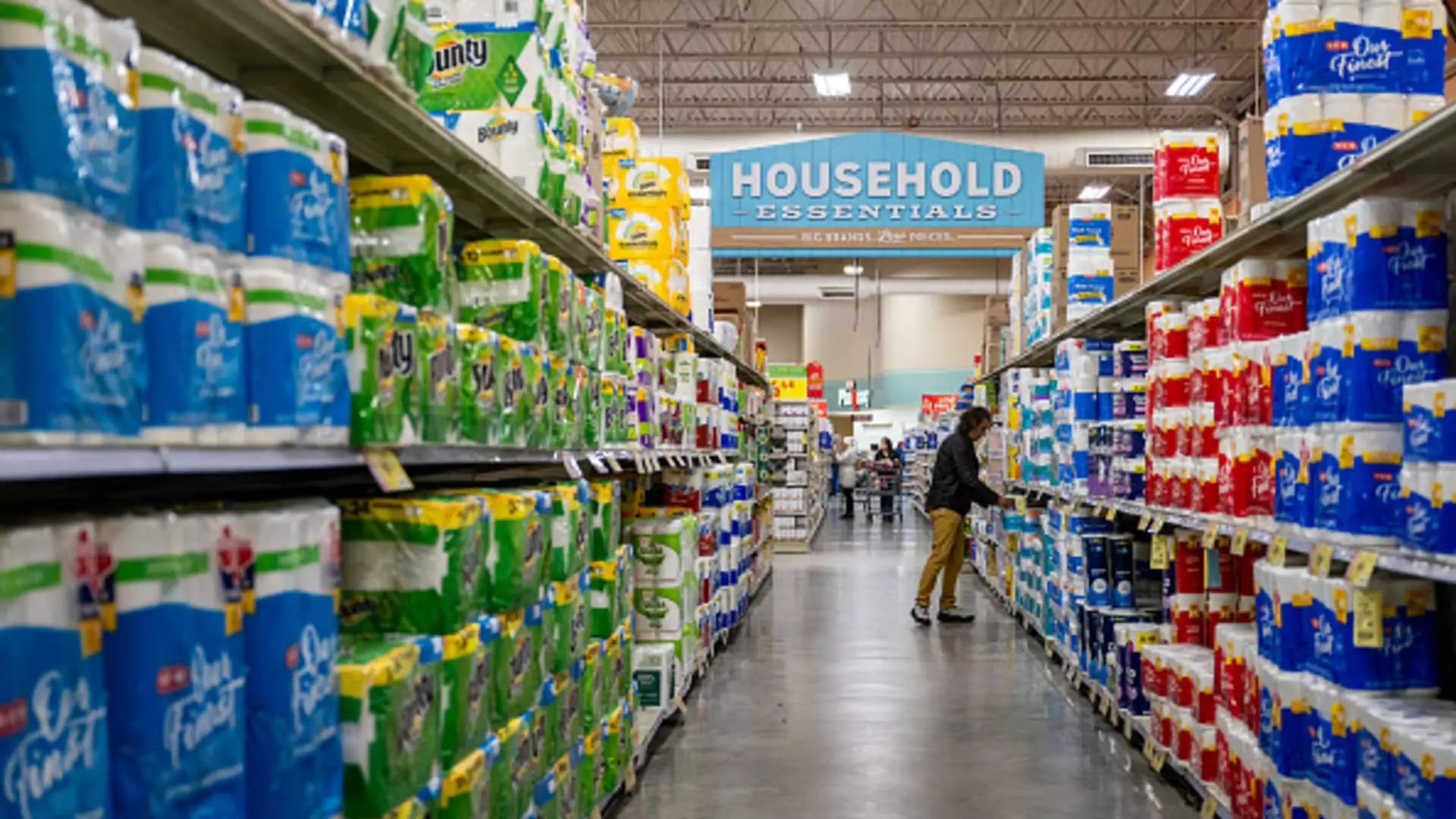For many, the phrase “America First” invokes a sense of patriotism and a belief that prioritizing domestic production is inherently a good thing. However, as tariffs imposed by the Trump administration come into effect, we must confront an uncomfortable reality: the economic fallout of these policies is about to hit everyday American consumers hard. Essential goods, from coffee to toilet paper, will see price increases that are both significant and unavoidable. While the goal of bringing jobs back to American soil is commendable, it is essential to weigh that against the unintended consequences that may burden the very people these policies are meant to protect.
The recently announced tariffs on imports from over 180 countries are designed to insulate domestic producers from foreign competition. Yet, according to the Consumer Brands Association (CBA), this noble aim overlooks a critical flaw: many essential ingredients simply cannot be produced at scale in the United States due to natural and climatic constraints. In attempting to drive a nationalist economic agenda, we risk creating an environment where American consumers are shackled to higher prices and limited choices.
The Reality of American Agriculture
Take, for instance, the coffee market. The U.S. remains the world’s largest importer of bananas, reliant on countries like Guatemala for its tropical fruit supply. With new tariffs in place, these imports will soon become costlier and less accessible. Yet, we need to ask ourselves: is it realistic to expect that American farmers, against a backdrop of climate limitations, can suddenly cultivate every product and staple that citizens desire? Spoiler alert: they cannot.
The CBA notes that over 90% of oats milled for American cereals are sourced from Canada. This highlights a significant transformation in U.S. agriculture, where domestic production has been in decline for decades, leaving the food supply chain vulnerable. When consumers discover that their favorite cereals or snacks are suddenly pricier or even unavailable, the disconnect between policy intentions and real-world effects will become painfully clear.
Household Necessities on the Chopping Block
It’s not just gourmet items or specialty foods getting hit; daily household necessities will also take a hit. Tariff increases affecting wood pulp, palm oil, and other raw materials will undoubtedly translate to higher prices for items like toilet paper, diapers, and lotions. For the average family, this could mean a monthly budget forced to stretch even further, or perhaps a difficult choice between necessities and luxuries.
One cannot ignore the irony of slapping tariffs on essential items while claiming to bolster American economic interests. While manufacturers like McCormick may attempt to absorb these costs through minor price adjustments or cost-saving measures, at the end of the day, the consumer is left holding the bill. The retailers may experience a minor stock boost in the short term, as consumers flock to household staples, but this provides little comfort to those faced with inflated prices.
Market Responses: A False Sense of Security
In the aftermath of the tariff announcements, stock markets showed a peculiar trend—consumer staples, including giants like Procter & Gamble and Coca-Cola, saw their shares rise. However, investors should not mistake this for a sign of robust economic health. Instead, this reaction illustrates the unsettling reality that those stocks are simply perceived as safer bets as riskier investments take a backseat.
This misguided confidence cannot mask the fundamental issues at play. Investors and consumers alike need to reconsider whether a few points gained in stock prices are worth the long-term consequences of an increasingly volatile and unstable market for everyday items. Moreover, one must question the sustainability of such an approach—when will the tariffs finally lead to the promised jobs?
Amidst economic optimism, it is vital to remain lodged in reality. Tariffs, while they aim to serve a purpose, threaten to inflate the costs of living for everyday Americans. Balancing the noble idea of job creation against the immediate affordability of essential goods demands a more nuanced approach that, regrettably, is seemingly absent in today’s policy-making.

